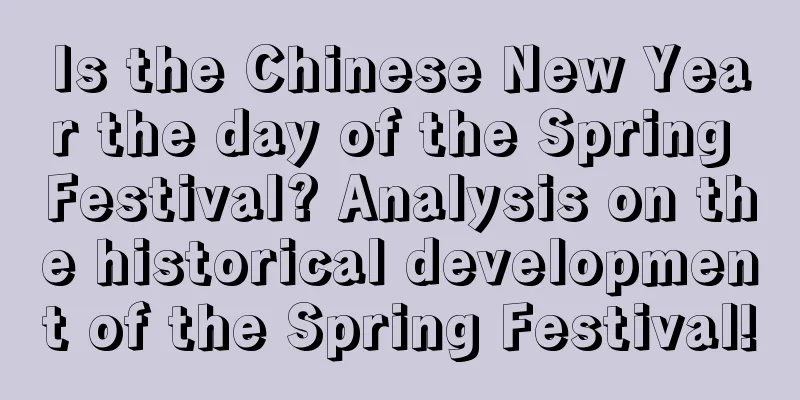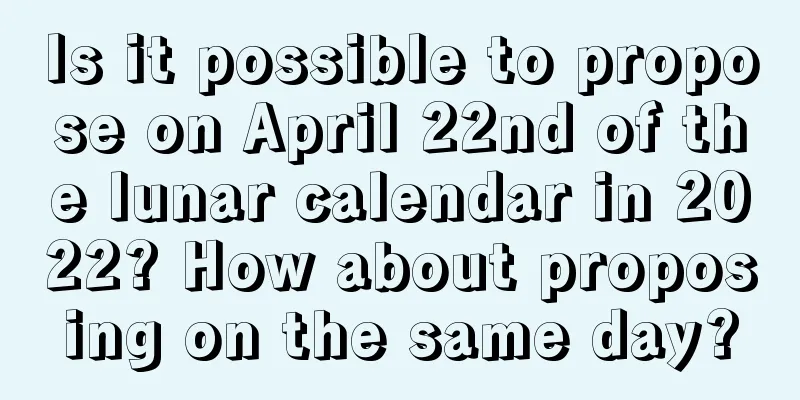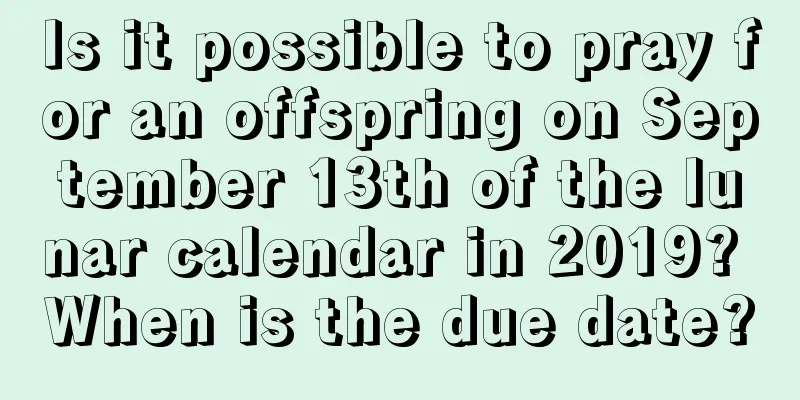Is the Chinese New Year the day of the Spring Festival? Analysis on the historical development of the Spring Festival!

Introduction: The Spring Festival is an important traditional festival, so does the Chinese New Year take place on the Spring Festival? Analysis of the historical development of the Spring Festival! A year's plan begins with spring, and the Spring Festival is an important traditional festival of ours. Do you want to know more about the Spring Festival? Come and check out the 2019 Chinese New Year special topic carefully prepared by Shuimoxiansheng.com for everyone!Is the Chinese New Year the same as the Spring Festival?The Spring Festival, also known as the Lunar New Year, is the beginning of the year and is traditionally known as the "New Year's Festival". It is commonly known as the New Year, New Year, New Year, New Year's happiness, New Year's happiness, New Year, etc. It is also verbally called celebrating the New Year, celebrating the New Year, celebrating the New Year, and celebrating the New Year.The Spring Festival has a long history, evolving from the annual prayer and sacrifice ceremonies in ancient times. All things come from heaven, and people come from their ancestors. Praying for a good harvest, offering sacrifices, respecting heaven and following the example of ancestors are all ways to repay the roots and return to the beginning. The origin of the Spring Festival contains profound cultural connotations and carries rich historical and cultural heritage in the process of inheritance and development. During the Spring Festival, various New Year celebrations are held across the country, and the atmosphere is lively and festive. These activities mainly focus on getting rid of the old and welcoming the new, welcoming the new year, worshiping gods and ancestors, and praying for a good harvest. They are rich and colorful in form, with strong regional characteristics, and embody the cultural essence of Chinese civilization. The Spring Festival, commonly known as the "New Year's Festival", is the most important traditional festival of the Chinese nation. Since the first year of Emperor Wu of Han's Taichu reign, the first day of the first lunar month of the summer year (lunar calendar) has been regarded as the "beginning of the year" (i.e. "year"), and the date of the New Year's Festival has been fixed and has continued to this day. The New Year’s Day was called “New Year’s Day” in ancient times. After the Revolution of 1911, the Gregorian calendar (solar calendar) was adopted to count years, and January 1 of the Gregorian calendar was called "New Year's Day", and the first day of the first lunar month was called "Spring Festival". Seasonal festivals are also called “traditional festivals”. They have a long history and are widely spread, and are extremely popular, mass, and even national in nature. Therefore, the Chinese New Year starts from the first day of the Spring Festival! Analysis on the historical development of the Spring Festival!In ancient times (the era of ancient countries): the beginning of the year was regarded as the beginning of spring. (Ancient calendar, solar calendar, astronomical phenomenon "the handle of the dipper points to the tiger")Xia, Shang and Zhou Dynasties: The Xia Dynasty regarded the first month of spring as the first month, the Shang Dynasty regarded the twelfth month of winter as the first month, and the Zhou Dynasty regarded the eleventh month of winter as the first month. (lunar calendar) After Qin Shi Huang unified the six kingdoms, he stipulated that October in winter should be the first month of the year. (lunar calendar) The Qin calendar was used in the early Han Dynasty. In the first year of Emperor Wu of Han's Taichu reign, that is, in 104 BC, astronomers Luo Hong, Deng Ping and others formulated the Taichu Calendar, and absorbed the solar terms as a supplementary calendar to guide agricultural activities, restoring the original October of winter as the beginning of the year to the first month of the first lunar month. After generations of development, later generations gradually improved the early calendar into the Xia calendar used today. Since then, China has continued to use the Xia calendar (lunar calendar, also known as the lunar calendar or the yin-yang calendar) until today. After the Xinhai Revolution, the Gregorian calendar (a type of solar calendar, also known as the Gregorian calendar) was gradually adopted. Later, in order to distinguish the lunar and Gregorian New Years, and in view of the fact that the "Beginning of Spring" in the 24 solar terms of the Ganzhi calendar falls around the Lunar New Year, the first day of January in the lunar calendar was renamed "Spring Festival" and the first day of January in the Gregorian calendar was renamed "New Year's Day". After the Revolution of 1911, the Gregorian calendar was adopted in 1912 during the Beiyang Government of the Republic of China, but the "Republic of China" was used for years, with January 1st as the beginning of the Gregorian calendar. From 1914 onwards, the first day of the first lunar month in the lunar calendar (i.e. the first day of the first lunar month in the lunar calendar) was regarded as the "Spring Festival", which was regarded as the beginning of the lunar year, that is, the beginning of the year. On September 27, 1949, the First Plenary Session of the Chinese People's Political Consultative Conference decided to adopt the "Gregorian calendar", calling January 1 of the Gregorian calendar "New Year's Day" and the first day of the first lunar month still called "Spring Festival". After 1970, the "Xia calendar" was renamed the "Lunar calendar" Fortunes in life can be good or bad, and calculating the direction of your fortune in advance can help you nip problems in the bud, reverse unfavorable situations, and make your life smoother and brighter. To calculate your life fortune over the next ten years, please click on the [Premium Calculation] button below for accurate calculation. I wish you all the best in your life! |
<<: What are the do's and don'ts on the seventh day of the first lunar month in 2019?
>>: What is the auspicious time for the seventh day of the first lunar month in 2019?
Recommend
The 20th day of the first lunar month is the Bu Tian Festival? Any comment?
Introduction: China is an ancient civilization wit...
Is it appropriate to raise the beams of the house on the 15th day of the first lunar month in 2021? Lantern Festival Riddles
Introduction: It is generally necessary to choose ...
2018 February 1st auspicious time, good and bad time query
Winter has gone and spring has come. February in ...
What should not be done on the ninth day of the first lunar month? How to bring good luck on the ninth day of the Lunar New Year?
In traditional Chinese numerology culture, every d...
Is the fate of a girl born in August of the lunar calendar in 2020 good? What's a lucky name?
China's naming culture is profound and extensi...
Is it a good time to open a company or new store on December 11, 2018 in the lunar calendar?
The twelfth month of the lunar calendar is the tw...
Is the fate of a boy born on February 14, 2019 in the lunar calendar good or bad?
Is the fate of a boy born on February 14, 2019 in ...
Can’t we move house in the tenth month of the lunar calendar? Selection of auspicious days for moving in October of the lunar calendar in 2021
The pros and cons of moving at different times are...
What does it mean to harvest half of the autumn harvest without rain at the beginning of autumn? Is it wrong to have nothing rainy in the beginning of autumn?
The Beginning of Autumn is the first solar term in...
Is the seventh day of the seventh lunar month in 2018 a good day? Is it okay to have a caesarean section on Valentine's Day?
Introduction: Chinese Valentine's Day is a tra...
Do people born in the beginning of spring have good fortune? What is the personality of a monkey born in the beginning of spring?
Introduction: The Beginning of Spring is one of th...
Where is the direction of the God of Joy on the tenth day of the first lunar month in 2019?
The key to a good year begins in spring. For more...
Is the sixth day of the eighth lunar month in 2019 an auspicious day for ancestor worship?
Is the sixth day of the eighth lunar month in 2019...
Is March 18th of the lunar calendar in 2020 suitable for worshiping ancestors?
Is March 18th of the lunar calendar in 2020 suitab...
What is the lunar calendar for Christmas 2021 and what is on the lunar calendar for this day?
As 2021 comes to an end, Christmas is here. What i...









